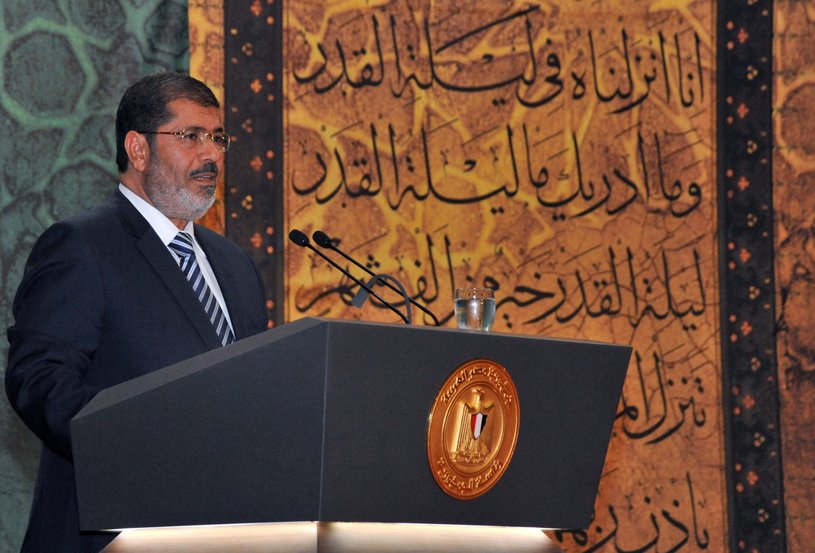CAIROL Egypt expects a revised property tax to bring in LE 1.8-2.4 billion a year after it comes on stream at the end of 2010, but the reform must first weather opposition attempts to quash it.
The new law is part of a broad push to improve Egypt s tax system. In addition to bolstering state finances, it could curb property bubbles and bring more of the country s estimated 1.2 million empty homes into the market, analysts say.
But opponents in Egypt s parliament have tried to scupper the tax, a testament to the hurdles the state faces as it pushes fiscal reforms praised by investors but cursed by poorer Egyptians who say benefits have not trickled down.
Tomorrow, the minister will impose taxes on having children, the independent daily newspaper Al-Masry Al-Youm quoted Mostafa Bakry, a member of parliament, as saying during a session on Monday.
Bakry and another representative have proposed that the property tax exempt private residences that owners live in permanently – the bulk of the units it is aimed at covering.
But the opposition proposal is not likely to pass and will face steep legal hurdles if it does, Tax Commissioner Ashraf Al Arabi said on Tuesday.
This (the proposal) would negate the purpose of having this law, he told Reuters, adding the Justice Ministry had argued against the proposal.
The state will collect its first revenues under the new law near the end of the year, and the tax should generate LE 1.8-2.4 billion a year starting in 2011, Arabi said.
Property bubbles
Evasion was rampant under an old property tax law, and the state collected average revenues of just LE 680 million a year over the last three fiscal years, investment bank Beltone Financial said in a research note on the tax.
The new law could also tame potential property bubbles by pushing owners to rent out unused units and discouraging investors from buying real estate purely for profit, the note said.
Real estate bubbles that were driven previously by consecutive rises in property prices could be more subdued as more formal valuations of property are calculated by the government, the note added.
The tax will exempt units with a market value of less than LE 500,000, meaning less than 5 percent of property in Egypt will qualify for it, the Finance Ministry has said.
But the new law also requires homeowners to register their properties – and pay the necessary fees.
Although the state has lowered the cost of registration, many are upset they must pay at all, said Monal Abdel-Baki, an economics professor at the American University in Cairo.
Around 85-90 percent of houses in Egypt are unregistered, she said.

